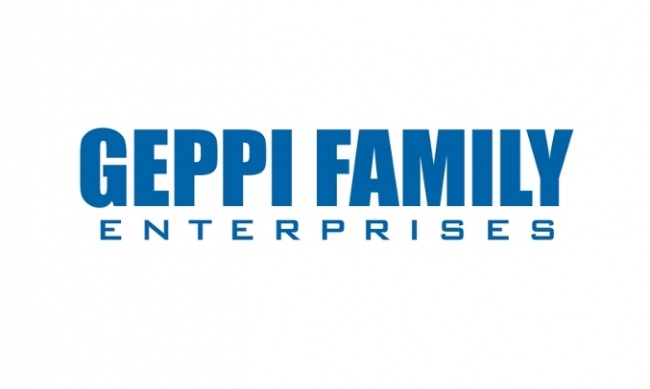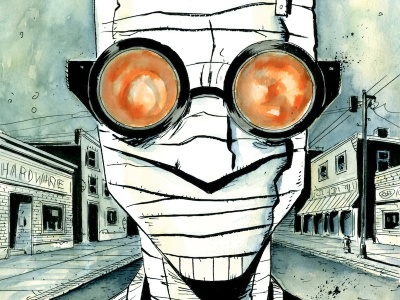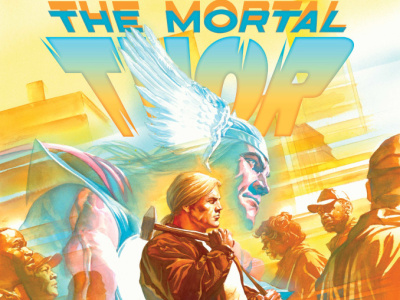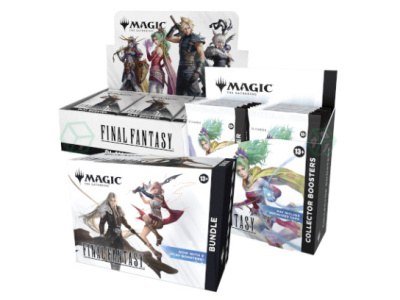My reaction has ranged from concern to alarm. The alarm was based on how quickly the cash stopped flowing; the notice on payments came only about a week after Diamond and Alliance stopped shipping most product to their retailer customers (see “Diamond Halting Distribution of New Product, Alliance Shutting Down Completely”).
The concern is a baseline of worry about the disruption this will cause for publishers, who rely on money from distributors to pay for the products they created, produced, and shipped into distribution. The largest companies can likely handle the disruption and in fact should be willing to extend more credit in order to support the channel; the mid-sized and smaller companies are going to feel real pain.
A short explanation of distributor cash flow may help. As they do business, product flows from publishers through distributors to retailers to consumers, and money flows from consumers to retailers to distributors to publishers, and ultimately to creators.
Distributors get the capital they need to operate from trade credit (the time their suppliers give them to pay for the products they buy), bank debt, and their net worth (the difference between their assets and liabilities).
Distributors typically get more days of credit than they give to their customers; the difference helps finance inventory. This creates a key cash flow phenomenon for both distributors and their retailer customers: when sales go up, cash flow gets better; when sales go down, cash flow tightens.
Cash flow gets better when sales go up because they’re selling bigger dollar amounts, but paying for older, smaller invoices.
Cash flow gets worse when sales go down because they’re paying for larger invoices from the past than the new money that’s coming in.
What’s happened over the past couple of weeks is an extreme example of that cash flow phenomenon. Retailers are shut down, or nearly so, have no money coming in, and can’t pay invoices from previous weeks; and one level up, distributors have a lot less money coming in from retailers and are having to pay off normal-sized invoices from the past.
It’s not surprising that the near-complete shutdown of brick-and-mortar stores across the country and around the world would cause cash flow problems. But the speed and breadth of the steps take in the past week by the GFE companies shows how seriously they view the situation. It has been a part of the Steve Geppi brand for decades that his companies are financially strong and a source of stability for the markets they serve. To be willing to take quick steps counter to that brand is a big deal. It’s a sign that Diamond and Alliance believe that a big chunk of whatever cash and credit is available to them is going to be needed to survive the current sales trough and is not available to take down trade debt at this time.
The GFE companies are likely also concerned that the value of their assets is going to take a hit, because almost all retailers are going to have trouble paying bills and some will default on their debt, and inventory that’s too large for coming demand is devalued. If the value of their assets goes down, their net worth goes down, and that further reduces the capital available to support receivables and inventory.
There are no analogous comic distributors to Diamond; it’s effectively the only distributor of comics and the largest distributor of graphic novels to independent comic stores. Its size and importance to the channel make it unique.
The situation is different in the hobby game store channel. There are four other major hobby game distributors: ACD Distribution, GTS Distribution, PHD, and Southern Hobby Supply. All of them are operating at some level; they did not shut down as Alliance did. Although all four of them are likely feeling the same cash flow pressures described above, it’s not quite as serious for them because they still have some money coming in and some margin on new sales to help cover fixed costs. Some game companies are continuing to ship them new products. And continuing to operate may also make it easier to collect money.
What’s coming next is a period of negotiation between the GFE distribution companies and their suppliers on credit terms, returns, and orders in the pipe on the one hand, and cash from Alliance and Diamond on the other.
Given the differences between the channels, those negotiations may not take the same shape for the two companies, but they will likely be difficult in either case. It’s a zero-sum game at this point, as there’s only so much cash, there won’t be a lot more for a while, and how that cash gets spent may make life-and-death differences for some of the companies involved. This has become very serious, very fast.
Note: We’re putting these World According to Griepp coronavirus columns (the first one was last week, see “World According to Griepp: Thoughts on the Current Storm”) on the public site instead of the Pro site because of the importance of the times, but please support our Pro site with a new or ongoing subscription.
Milton Griepp is the founder and CEO of ICv2, and long-time executive in the geek culture business. The opinions expressed in this column are solely those of the writer.









